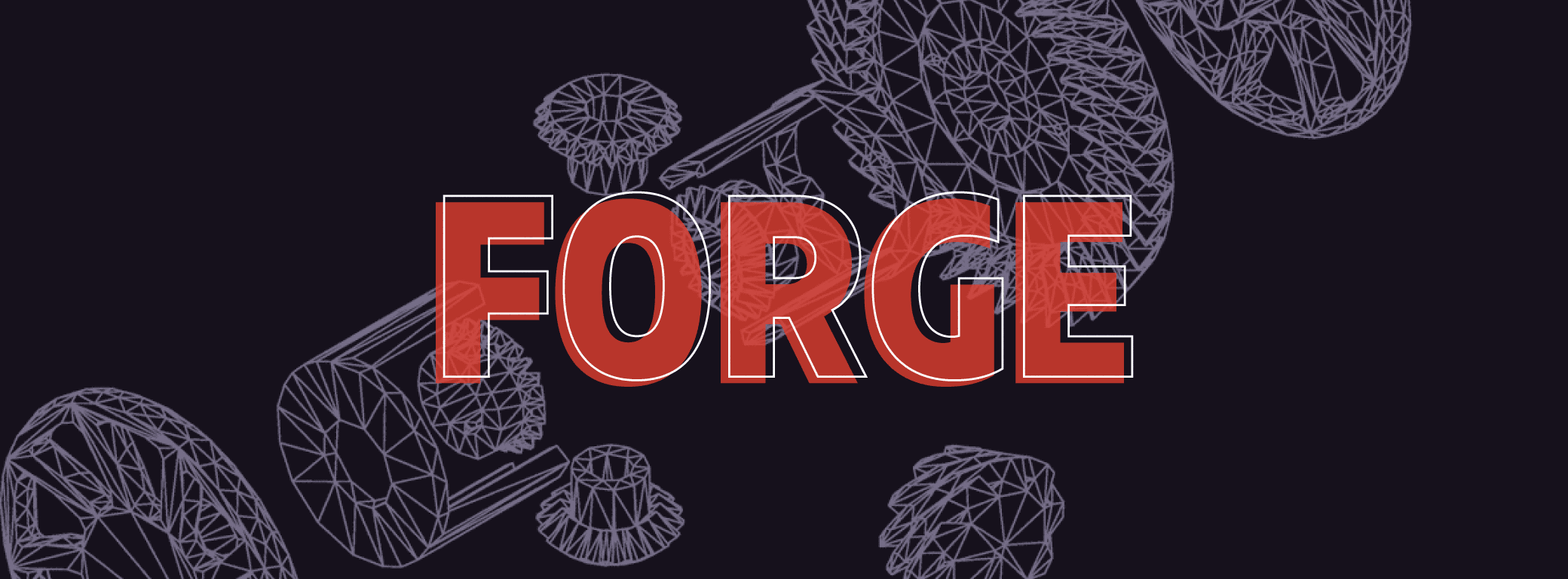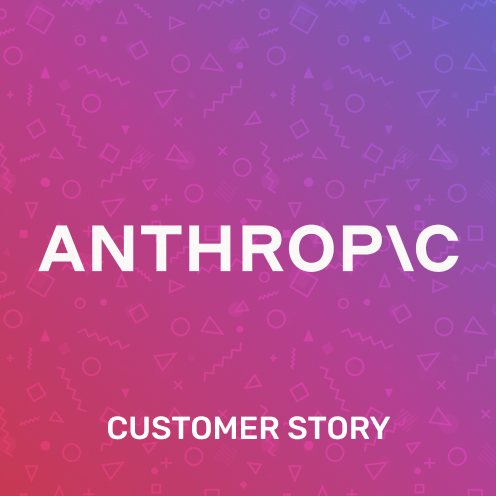Announcing Sessions at Forge

We’ve just announced more speakers and sessions for Forge by Sentry, an event about the future of software development. Join your peers and community leaders in Napa Valley this October to discuss observability, agility, continuous deployment, and the other ways we ship faster and better.
Check out some of our sessions:
“The holy grail of systems analysis: From what to where to why” by Ben Sigelman @ LightStep
Ben Sigelman is the co-founder and CEO of LightStep, where he’s building reliability management for modern systems. An expert in distributed tracing, Ben is the coauthor of the OpenTracing standard, a project within the Linux Foundation’s Cloud Native Computing Foundation (CNCF). Previously, he built Dapper, Google’s production distributed systems tracing infrastructure, and Monarch, Google’s fleet-wide time series collection, storage, analysis, and alerting system.
In this talk, Ben begins with a quick summary of the approach Google’s Dapper took with distributed tracing system in the mid-2000s, discussing the limits of its design and its fundamental inability to find the root cause of most contention-related latency issues. Ben will then draw contrasts with the new world order, where some monitoring technologies can observe a distributed system with full fidelity. Ben will then lead an audience-participation demo that connects the dots from a high-latency outlier request to the contended resource it’s waiting on. This workflow is direct and clear, and it replaces a bevy of other complex and expensive tooling.
“Developing a culture of observability at Stripe” by Kiran Bhattaram @ Stripe
Kiran is a software engineer at Stripe. At work, she thinks a lot about distributed systems fallacies and how we can observe what our software is doing. A normal day working with Kiran involves conversations about operating distributed systems and learning that she made that awesome space dress she’s wearing.
Over the last 2 years, the Observability team at Stripe has been working on several different initiatives, both technical and organizational, to help our developers create observable systems. In this talk, Kiran will cover the steps the team took to help make observability easier to implement, from the perspective of an engineer working on a new feature. She’ll include instrumenting the codebase, shipping the feature into production, then creating effective alerts and digging into issues. Along the way, Kiran will talk about what’s worked for Stripe, and what she’d like to improve on.
“Mature Front-end Infrastructure” by Alex Sexton @ Stripe
Alex is a front-end infrastructure engineer at Stripe. He lives in Austin, TX and enjoys contributing to open source as a member of the Modernizr team and formerly the jQuery Board of Directors.
The line-count and complexity of large front-end applications rivals just about any back-end these days, but the supporting tools and infrastructure pale in comparison to applications on the back-end. It’s a hard and relatively new problem for many people to be running large complex applications on a myriad of far-away devices. Alex will dive into what a modern, mature front-end application looks like around the edges and what supporting tools we can use to help ease our trouble.
Take a look at more sessions here.
Register today and get early bird pricing through July 31st!



